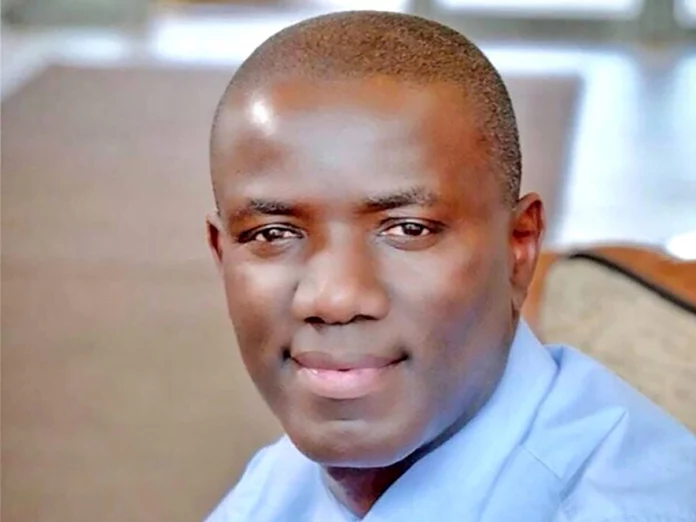Humanising work. Out skilling. Skill-based workplaces. These are the shifts that are shaping the future of work as technology driven by the Fourth Industrial Revolution (4IR) takes centre stage in the workplace.
Speaking at the Future of Work: 4IR Dialogue hosted by the Tshwane University of Technology in Pretoria last week, Sthembiso Phakathi, the director for human capital at Deloitte Consulting said there’s a shift in the mining industry with humans no longer seeing machines as a threat.
“We talk about humanising work … What we see in the [mining] industry is that machines take over repetitive, routine, predictive work and humans want to do creative work. If they can work hand in glove with machines, there’s no reason for humans to be threatened by machines,” he said.
Phakathi, who was part of a panel discussion about the future of mining and energy, at the inaugural dialogue hosted by TUT’s Institute for the Future of Work (iFoW) said upskilling and reskilling are outdated and are not the only answer to repurposing workers for the future in mining.
“We talk about out-skilling … giving them skills that they can use in the communities that they come from,” he said, adding that it takes up to nine months to repurpose an employee, a big task if your workforce comprises of 40% – 45% of unskilled and semi-skilled workers. “Employers must help employees to find different things to do outside the company through skilling.
Phakathi said there is also a shift from “jobs” to “skills” with employers recognising that there no one job that can consume or utilise all the skills of an individual. He said when people can share skills outside their comfort areas there is a lot of contribution and value that they add to the workplace.
“People bring their skills based on a specific mission or a specific purpose. They disappear when that mission or purpose is accomplished and move to something else,” he said.
“It is not jobs that come to that mission but skills,” he said.
Dr Phindile Masangane, CEO of the Petroleum Agency of South Africa, added that even the highly skilled people are required to acquire new skills to keep up with the evolving nature of work.
Masangane said public scrutiny and more informed society calls for the mining and the energy sector to account more, adding that requiring experts to engage more with communities to provide the necessary information.
“What I keep saying to my geoscientists is that unfortunately your work is no longer on your desk or acreage,” she said.
“Data is becoming more important as people are realising that the threat of climate change is real.” She said there is a challenge with highly skilled people who are stuck in their job descriptions and finding it difficult to come to terms with some of the roles they have.
“Those who are highly skilled as we go into this digital future are battling,” she said.
Putting the perspective of mining in the 4IR, Arif Moreno, strategic advisor to the CEO of Anglo American, who was chairing the panel discussion on the future of mining and energy, said 4IR need mining and energy – and mining and energy need 4IR.
He said: “28 of the 29 elements used in a mobile phone need mining and 14 of these have a recyclable rate of less than 1%.”
Dr Ingrid Watson, senior lecturer at the and research lead at the Successful Application of Technology Centred Around People (SATCAP) Research Centre at the Wits Mining Institute said the skills that will be critical for the future on the sector include collaboration, critical thinking and stakeholder engagement.
For more business news from Sunday World, click here.
Follow @SundayWorldZA on Twitter and @sundayworldza on Instagram, or like our Facebook Page, Sunday World, by clicking here for the latest breaking news in South Africa. To Subscribe to Sunday World, click here



